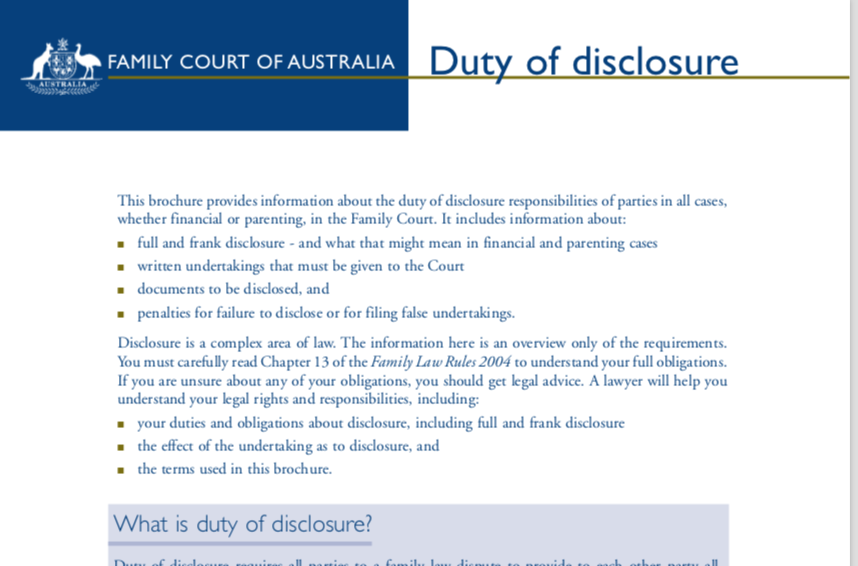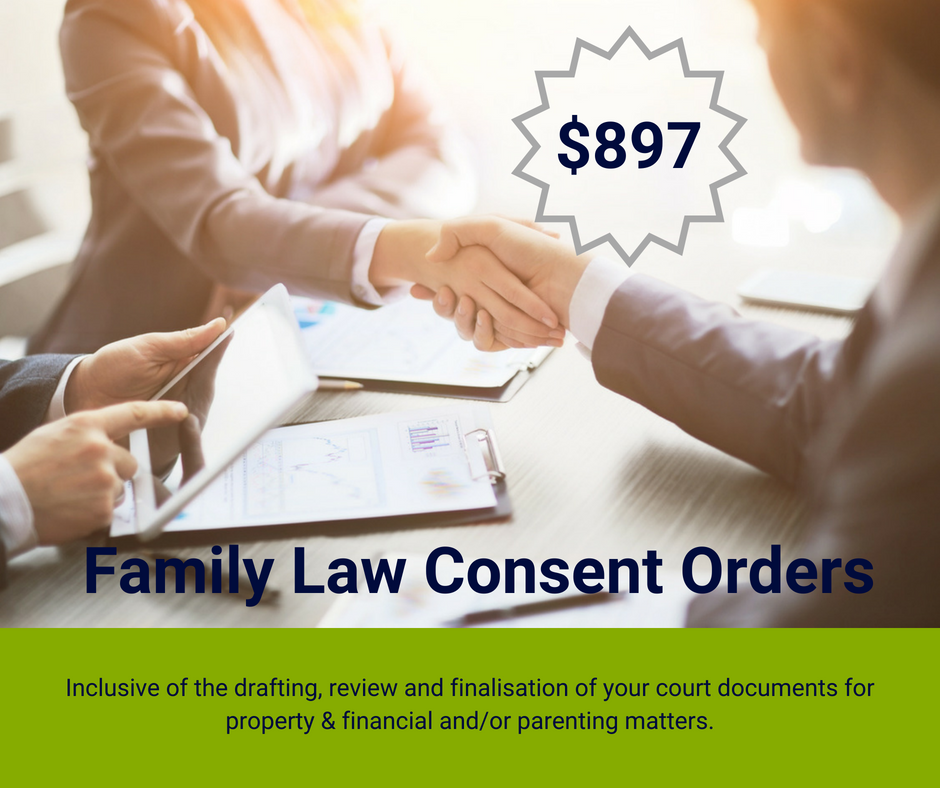Where there is duress, undue influence or unconscionable conduct at the time of entering into a Binding Financial Agreement, the court will set aside the agreement.
In the recent case of Thorne v Kennedy, the High Court of Australia set aside two (2) financial agreements on the grounds of duress, undue influence and unconscionable conduct.
The Facts
The Husband (Mr Kennedy) – 67 years old divorcee with three adult children and assets worth between $18-24 million.
The Wife (Ms Thorne) – moved to Australia in 2007 after meeting Mr Kennedy online 7 months prior. Ms Thorne, a 36 year old European woman had limited English and no substantial assets.
On 20 September 2007, 10 days prior to the wedding, the parties entered into an agreement despite Ms Thorne receiving independent legal advice advising her not to sign the agreement. However, Mr Kennedy informed Ms Thorne that if she did not sign the agreement the wedding would not proceed. At this time, Ms Thorne’s sister and parents had travelled to Australia for the wedding and were staying with the parties in Mr Kennedy’s home.
Only 4 days before the wedding, the Wife signed the first agreement. On 5 November 2007, 30 days after the wedding, the wife signed a substantially identical post-nuptial agreement (the second agreement). Again, the Wife received independent legal advice not to sign the agreement. The agreement was for the Wife to claim $50,000 after three or more years of marriage and if the Husband died while the parties were living together the Wife would receive a penthouse worth up to $1.5M, a Mercedes and a continuing income.
In 2011, the parties divorced, and the Wife commenced proceedings in the Federal Circuit Court seeking a property settlement claim of $1.24M, including spousal maintenance. In 2014, during the court proceedings, the Husband died, and the Husband’s estate continued to prevent the Wife from making a claim on the estate.
The Decision
In March 2015, the Federal Circuit Court (the primary judge’s decision) set aside both agreements and held that the Wife had “signed the Agreements under duress borne of inequality of bargaining power where there was no outcome to her that was fair and reasonable”. The court relied upon 6 factors in determining their decision:
- the Wife’s lack of financial equality with the Husband;
- the Wife’s lack of permanent status in Australia at the time;
- the Wife’s reliance on Mr Kennedy for all things;
- the Wife’s emotional connectedness to their relationship and prospect of motherhood;
- the Wife’s emotional preparation for marriage; and
- the publicness of her upcoming marriage.
The Husband’s executors appealed to the Full Court of the Family Court which overturned the Federal Circuit Court decision. The Full Court found the agreements to be fair and reasonable because the Wife had been told by the Husband at the outset of their relationship, and she accepted it, that his wealth was for his children and provisions were made for the Wife should the Husband predecease her. The Full Court also held that the Husband’s conduct was not unconscionable because:
- there was no misrepresentation made by the Husband about his financial position;
- the Husband made it clear at the outset that the Wife would not receive any part of his wealth on separation;
- the Wife believed the Husband would never leave her and her lack of concern about her financial position; and
- the Husband’s acceptance of handwritten amendments to the agreements that were made by the Wife’s solicitor.
The Wife then appealed the Full Court’s decision and the appeal was heard in the High Court of Australia in August 2017 and the Judgement was delivered in November 2017.
The High Court upheld the Federal Circuit Court’s decision and found the agreements had been entered into by duress, undue influence and unconscionable conduct.
The matter was returned to the Federal Circuit Court awaiting judicial determination regarding the Wife’s application for a property settlement and spousal maintenance.
This Case Provides Some Clarity For The Future
The High Court in Thorne & Kennedy listed 6 factors which will be more strongly considered where there has been duress, undue influence and unconscionable conduct in the context of pre-nuptial and post-nuptial agreements (at [60]):
- whether the agreement was offered on a basis that it was not subject to negotiation;
- the emotional circumstances in which the agreement was entered including any explicit or implicit threat to end a marriage or to end an engagement;
- whether there was any time for careful reflection;
- the nature of the parties’ relationship;
- the relative financial positions of the parties; and
- the independent advice that was received and whether there was time to reflect on that advice.
Please note that the High Court gave clarity to further issues, and some still remain unresolved.
This article is not legal advice and is intended to provide general information only.







